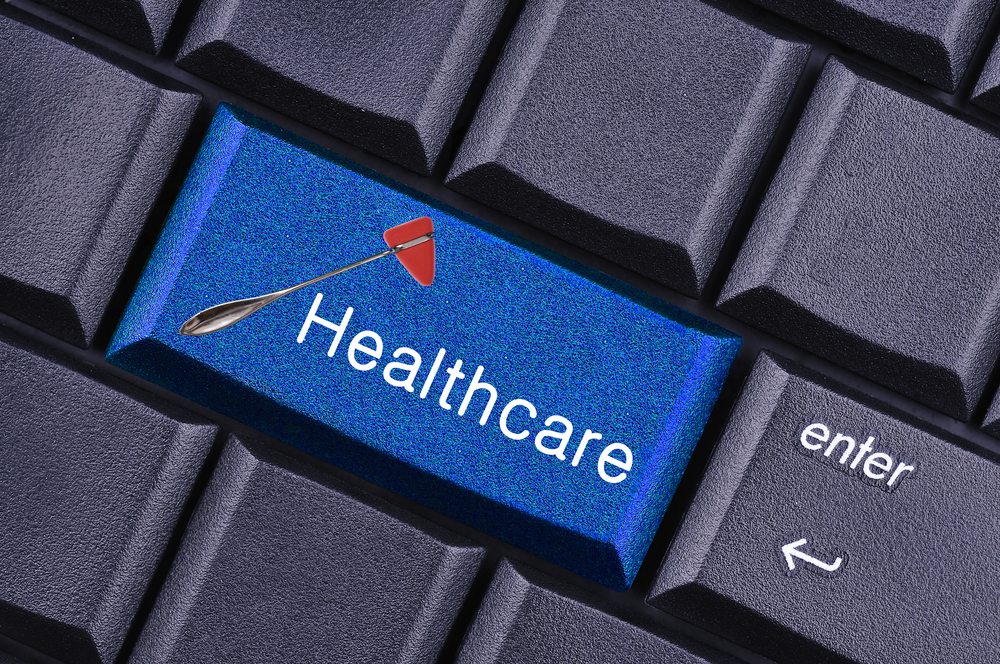Google’s algorithms have done a lot to make top ranking web content a credible source of information, and when it comes to health info, consumers demand information they can trust. Brafton reported on Pew Internet Research data that showed 35 percent of internet users turn to the web to self-diagnose their ailments. However, eMarketer’s “Online Health Information Seekers: Internet Use Grows, but Doctor’s Orders Still apply,” notes that each person has different needs when they use the ‘net for health-related research.
A study from Enspektos found that one-third of American moms search the internet for health information once a day or every few days. Mothers tend to make the majority of health-related decisions for their families, which could range from scheduling doctor’s appointments to picking healthy food options for their loved ones. Healthcare businesses that want to reach mothers must publish educational web content to attract these consumers. However, older internet users research for very different types of custom content.
Research firm eMarketer reported that the American Academy of Family Physicians found that half of the U.S. senior population felt there wasn’t any credible only resource that spoke to their health-related needs. According to the source, elderly internet users want information about prescription drugs (14 percent) and preventative medical care for senior (13 percent).
Content marketing professionals who want to reach any of these demographics must tailor their media production to cover topics their audiences are most interested in reading about online.




